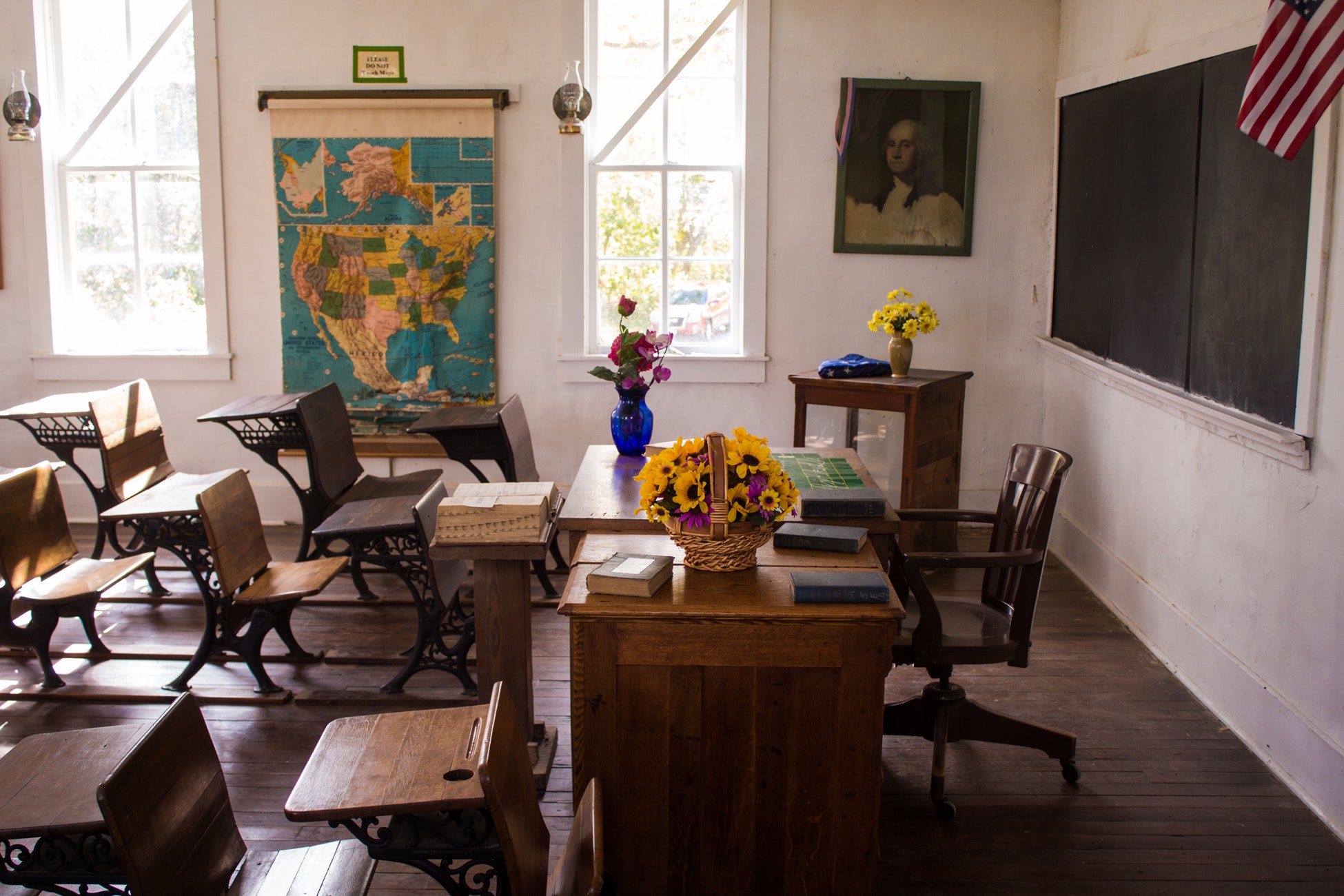The decline in civic consciousness among the youth or lack of understanding of one’s rights and duties is attributed largely to the lack of more serious instructions and practices obtained from cultural and educational institutions. This trait has been observed among the younger generation, not only in Greece.
It is already a common observation, many parents and teachers all over Greece are feeling dread at the start of every school year. Parents worry that they’ll have to start paying for the expensive extracurricular activities their children have to attend, and teachers will worry about the results their pupils achieve.
But what about Greek students?
While parents and teachers alike feel the pressure of the beginning of the school year, students are entering September with mixed feelings.
Going back to school always means meeting with your friends and having fun during the breaks between classes. However, going back to school also means the start of tiring, long days, filled with long hours of extracurricular activities and homework.
The way the educational system works in Greece means that students have to go to school for the better part of a whole day and after that visit their extracurricular classes. These are extremely important as many of the essential knowledge they need, like foreign languages and art classes are part of the extracurricular program.
Overworked Greek students and the system
While many educational systems support out of school extracurricular activities in sports, arts, or languages, Greek students can get an education in these subjects almost exclusively in this type of class.
Unfortunately, this system is not very successful for Greece. According to education experts, there is a widespread lack of critical thinking in the country, which leads to a disinterested society, causing many political and economic crises.
The lack of interest from society is mainly due to issues deeply rooted in the educational system and starting from the moment children enter kindergarten. According to reports, many Greek students remain only barely literate even after they graduate high school.
Consequently, these children grow up to be uninterested in current news and events, political ideas and movements, and anything to do with the future management and prosperity of their country.
What do Greek students need?
In order to repair these gaps in functionality, the government should take a serious look into the way the educational system is currently organized.
Millennials, or those in the younger generation, lag behind older generations in their interest in government and politics. When asked to choose among a list of nine topics, only about a quarter (26%) of Millennials name government and politics as one of the three topics they are most interested in.
Not only do an increasing number of citizens in democratic countries display a dangerous indifference to the duties of loyalty, solidarity and commitment emblematic of a mature civil consciousness, there are no projects to train teachers of civic education.







